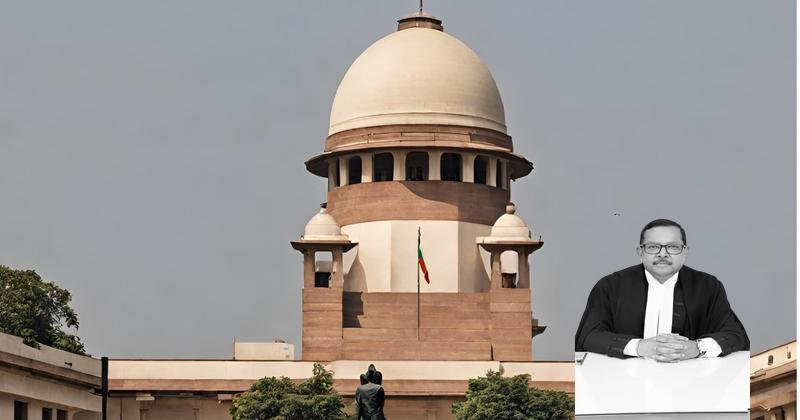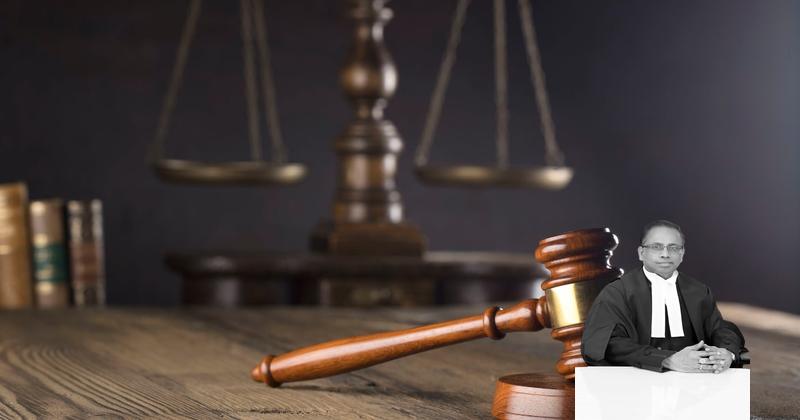The first respondent filed the original application under Section 14, read with Section 15 and Section 18(1) of the National Green Tribunal Act, 2010 and raised an important issue of the pollution created by the Inland Container Depot (for short, ‘the said ICD’) at Tughlakabad. (for short, ‘the Container Corporation’) and the Railway Board to shift the operations of the said ICD at Tughlakabad which are not bound for Delhi to other locations outside Delhi. By the impugned order dated 8 March 2019, the NGT passed an order directing the appellant to ensure that, in a phased manner, diesel vehicles stop visiting the ICD and shift to electric, hybrid and CNG vehicles.
On 10 February 2020, when this Court noticed that no solution was forthcoming, a direction was issued to the Environment Pollution (Prevention and Control) Authority (‘EPCA’) to look into the issues raised in the appeal and to file a report containing its recommendations.
Also Read: https://newslaw.in/supreme-court/quashing-of-fir-based-on-lack-of-legal-basis/
Air pollution directly affects the fundamental rights of the citizens guaranteed under Article 21 of the Constitution of India.
The report records that 22,082 vehicles entered the said ICD, out of which 75% of the vehicles (16,562) were bigger vehicles using diesel, with an average capacity of 19 metric tons.
A positive feature recorded in the EPCA report is that the total quantity of goods transiting through the said ICD from 2014-15 has gradually decreased. All facilities, such as obtaining custom clearances, cargo aggregation, cargo storage and other storage identical to a marine port, are available at these dry ports.
Also Read: https://newslaw.in/case-type/civil/grant-of-promotional-pay-scale-to-ayurvedic-medical-officers/
Therefore, the EPCA recommended using BS-VI heavy-duty diesel vehicles as they are substantially cleaner than BS-IV heavy-duty vehicles.
On the second issue, the EPCA noted in the report that seven such facilities, including the said ICD, are near Delhi. In the first respondent’s response to the recommendations, it is pointed out that the initial capacity of the said ICD was only 1,26,000 TEUs.
On the issue of restricting growth of heavy-duty vehicles at ICD/TKD 3.2 May consider directing CONCOR to give a plan for the optimal utilisation of the inland container depots garlanding Delhi and what will be proposed increase in throughput in these depots in the coming years and consequently how the reduction in throughput in ICD/TKD will be operationalised. On the issue of parking 3.4 May consider directing CONCOR to provide a time-bound plan for upgrading the parking/holding area by optimizing on the space it has inside the depot and to work with agencies to provide adequate holding space outside the depot.”
We may mention here that the appellant, the first respondent and Ministry of Railways have, in principle, agreed that the recommendations of EPCA need acceptance. As regards recommendation 3.1, we propose to grant the Ministry of Road Transport and Highways six months to come out with a policy on the replacement of heavy-duty diesel vehicles with BS-VI vehicles. The NGT has inter alia observed that there is an option to restrict the entry of diesel vehicles in the said ICDs at Tughlakabad by diverting these vehicles to the ICDs at Dadri, Rewari, Ballabhgarh, Khatuawas or any other ICD around Delhi so as to control the pollution in Delhi NCR, as if only the people living in Delhi NCR alone are entitled to pollution free atmosphere and not those living in other parts of the country.
Though the Union of India is a party through the Ministry of Environment, Forest and Climate Change, the Ministry of Road Transport and Highways is not formally made a party.
Case Title: CONTAINER CORPORATION OF INDIA LIMITED Vs. AJAY KHERA (2024 INSC 31)
Case Number: C.A. No.-003798 / 2019



